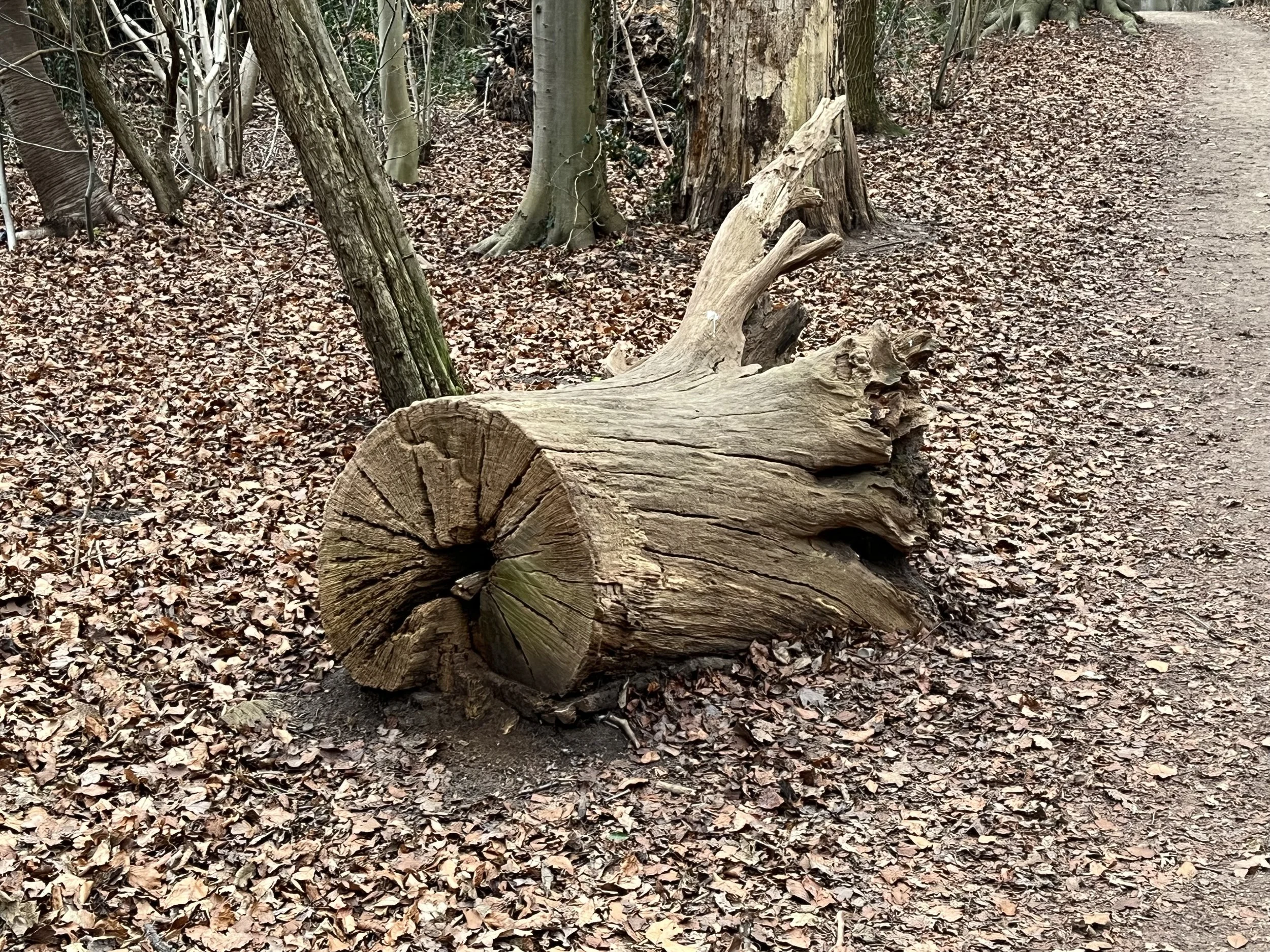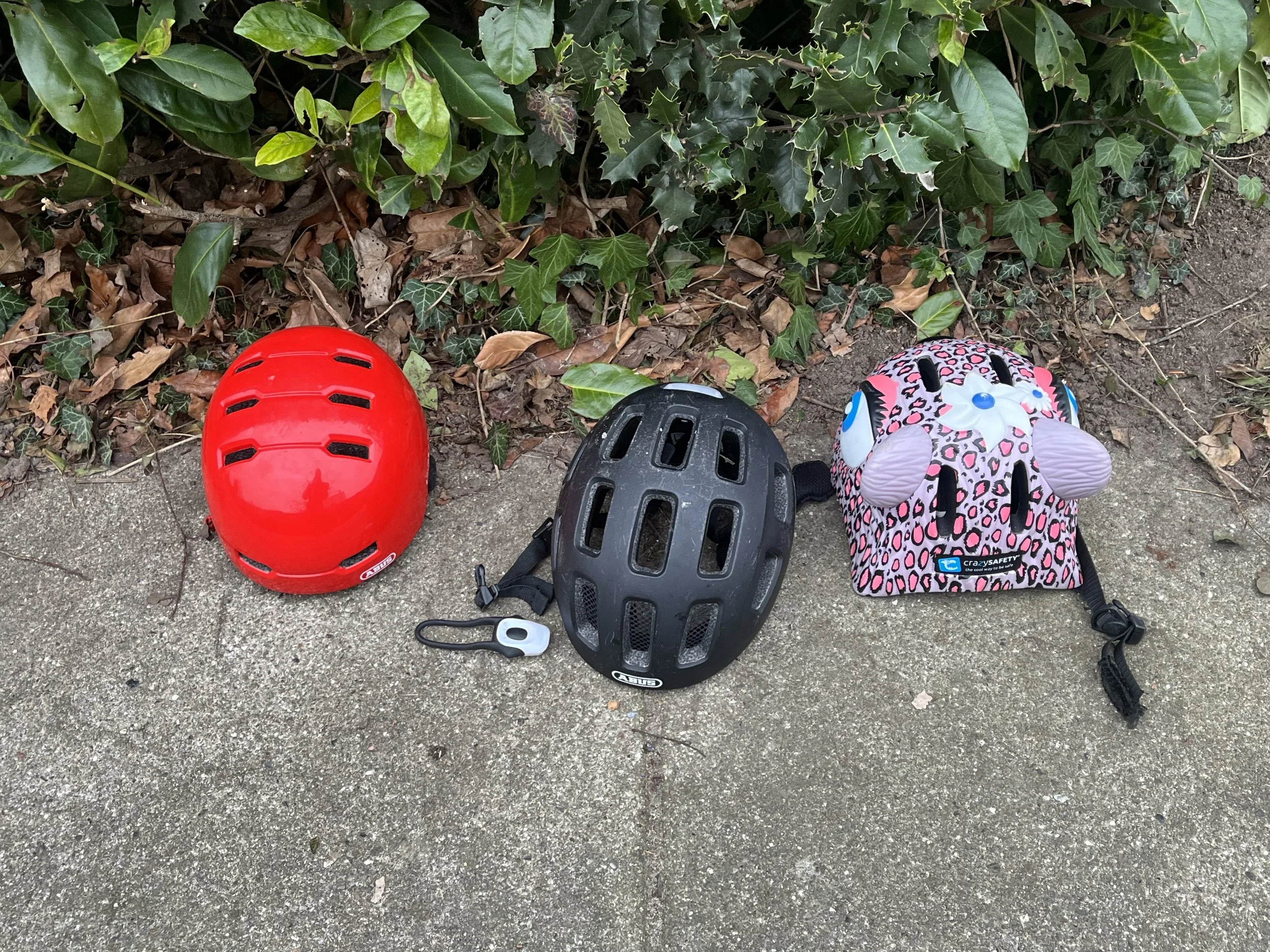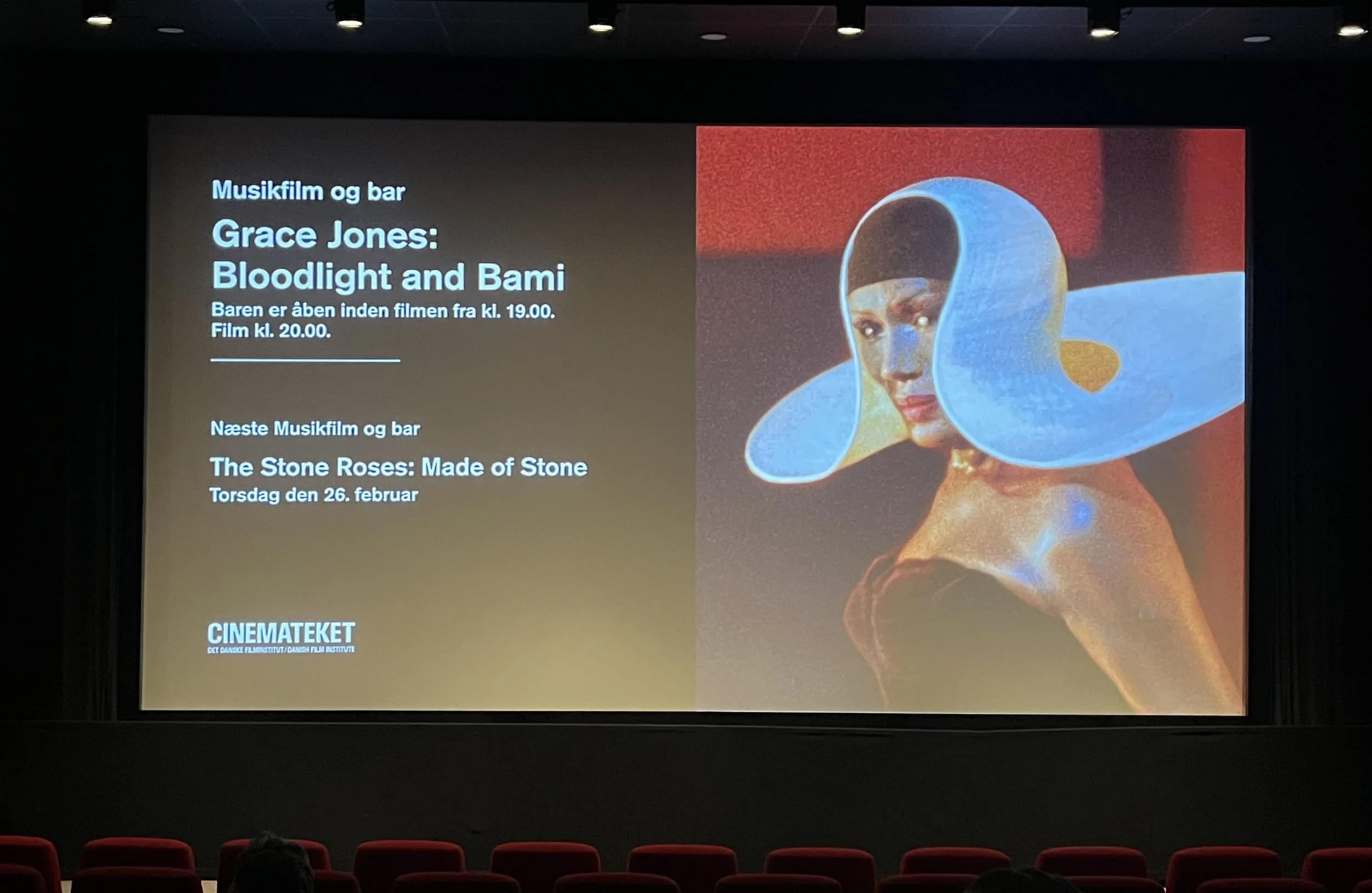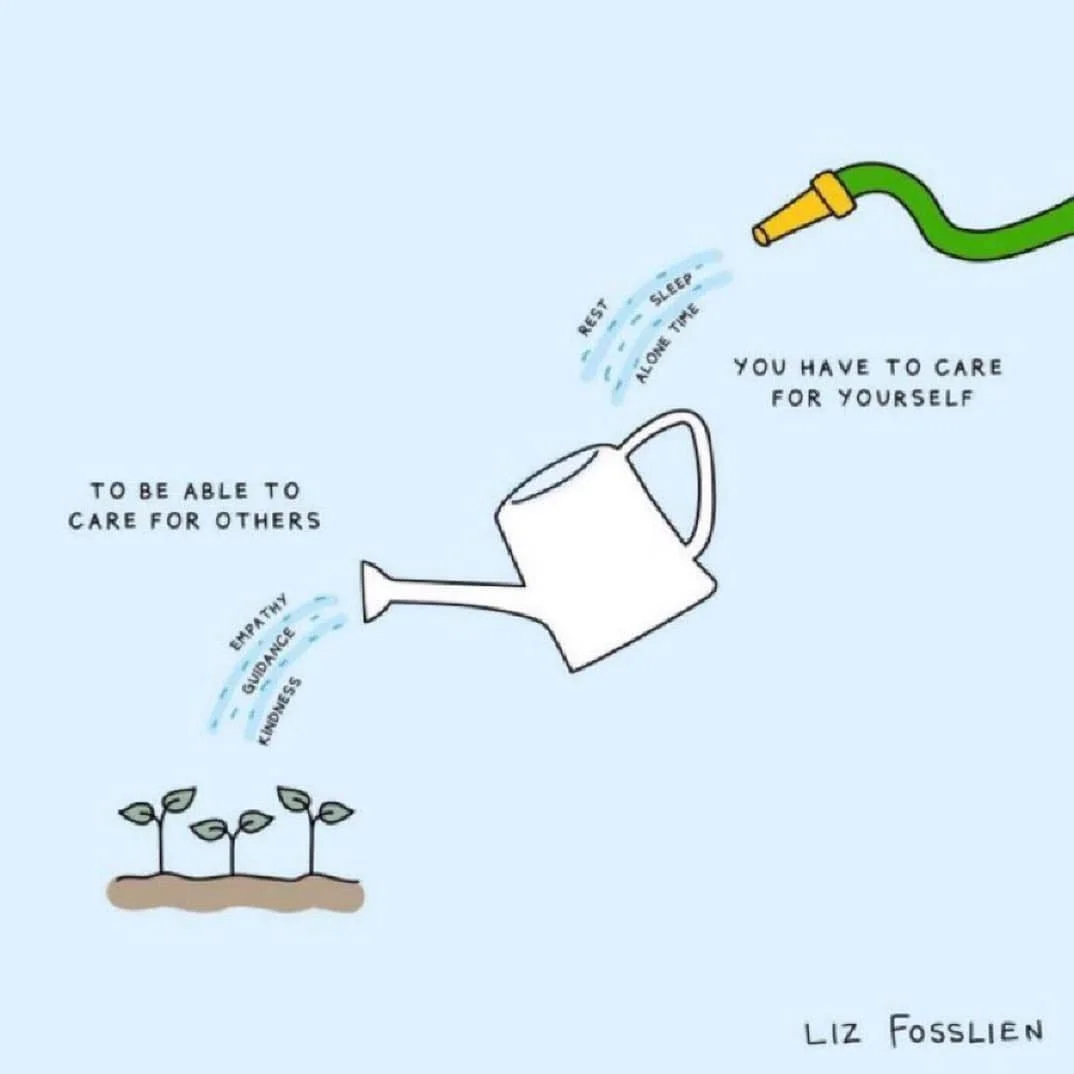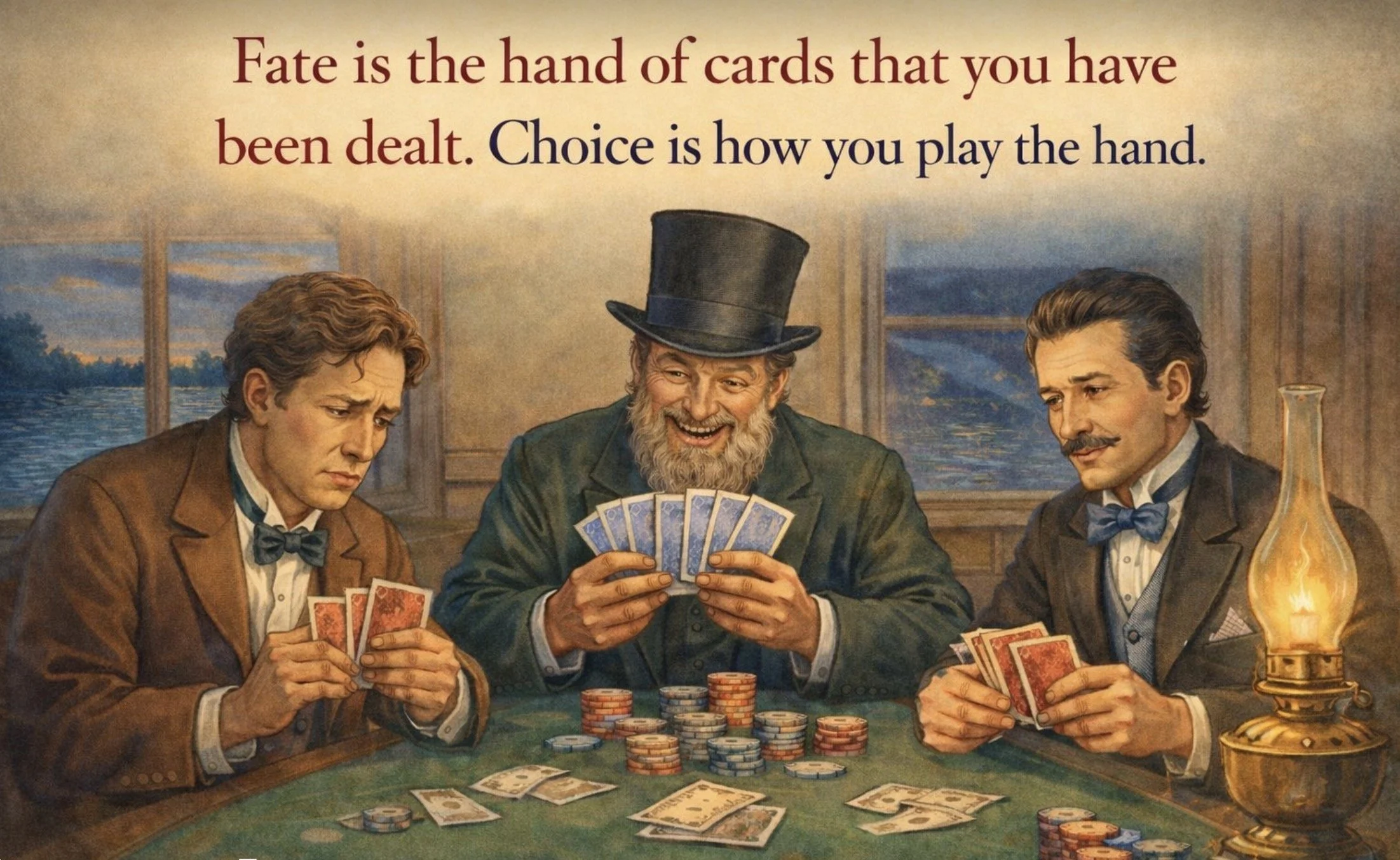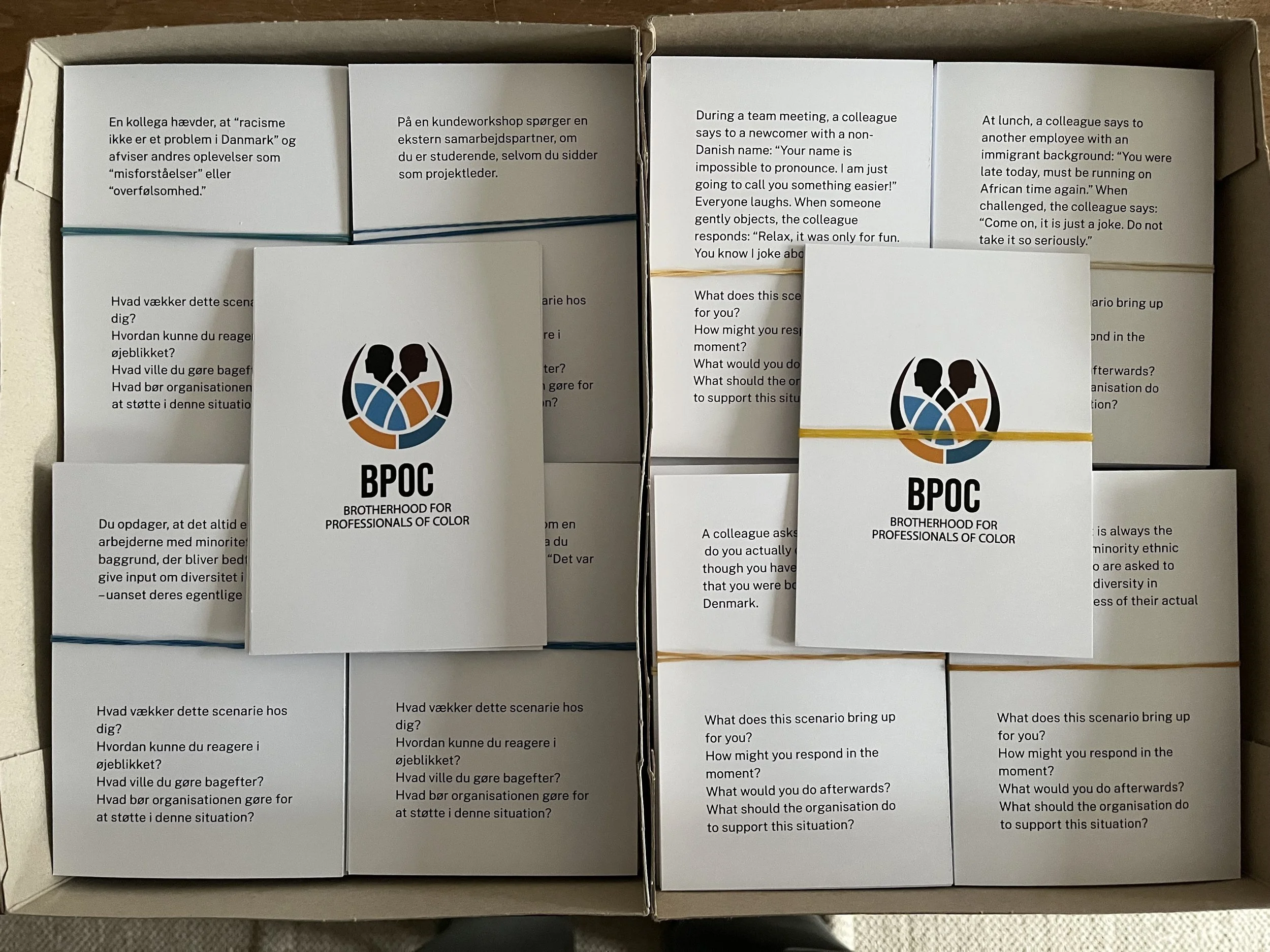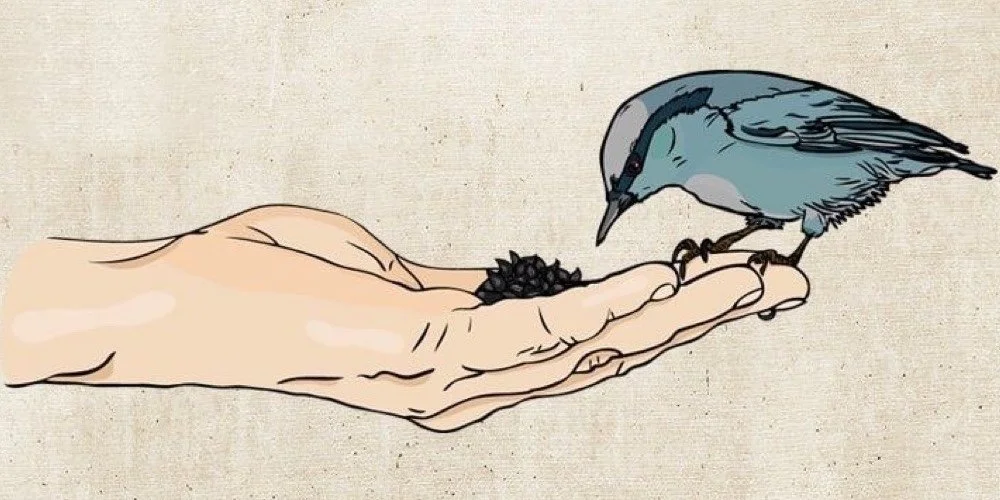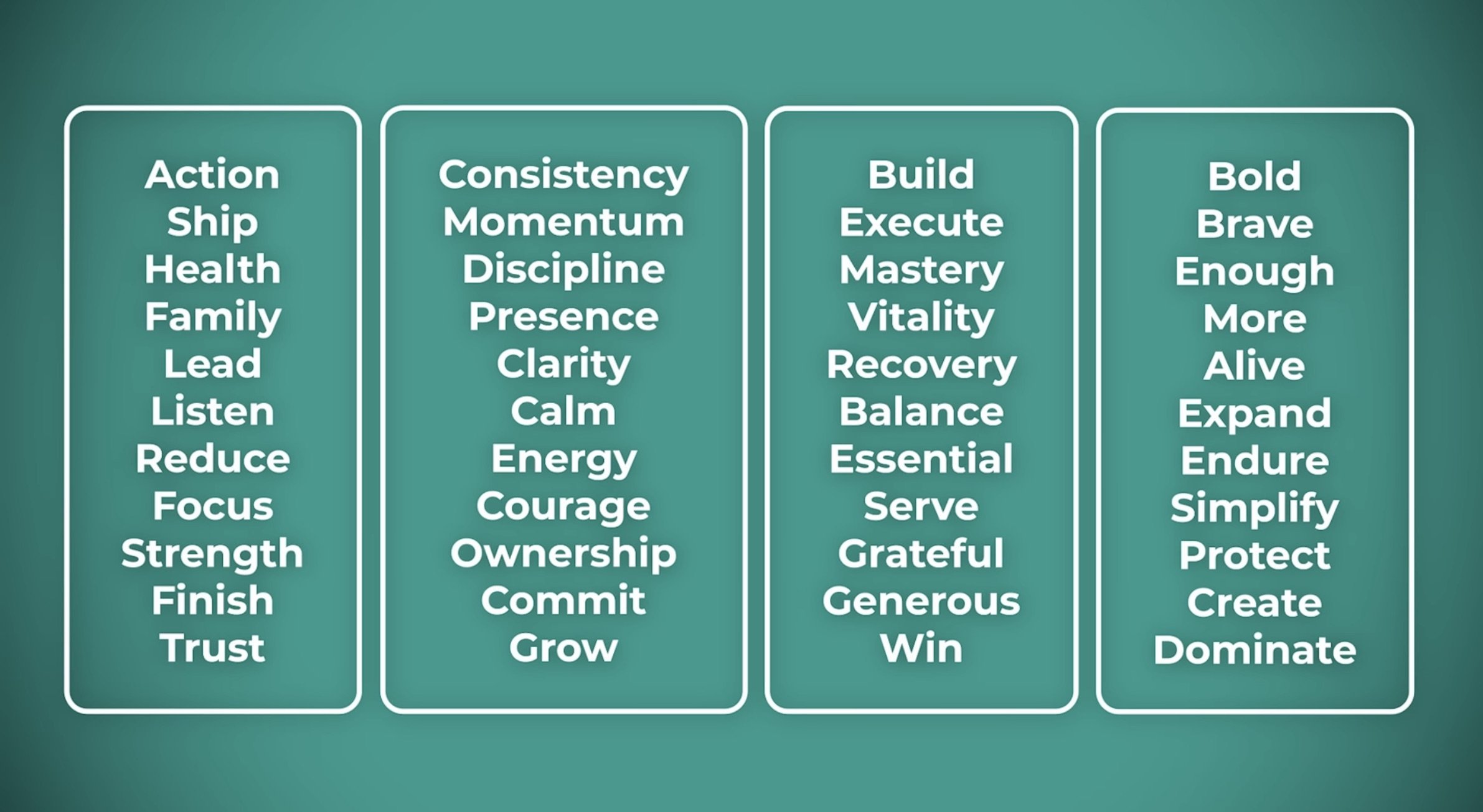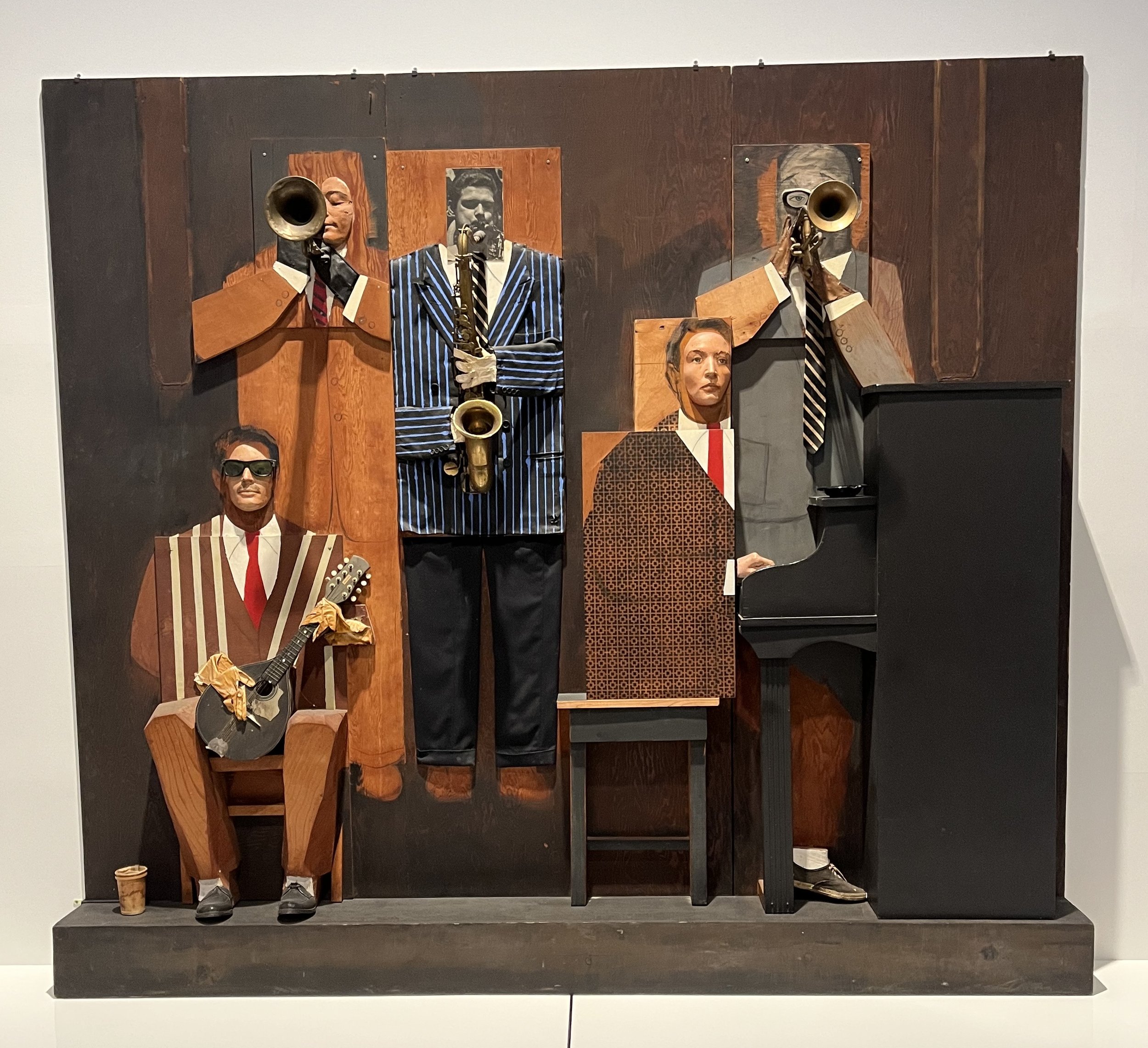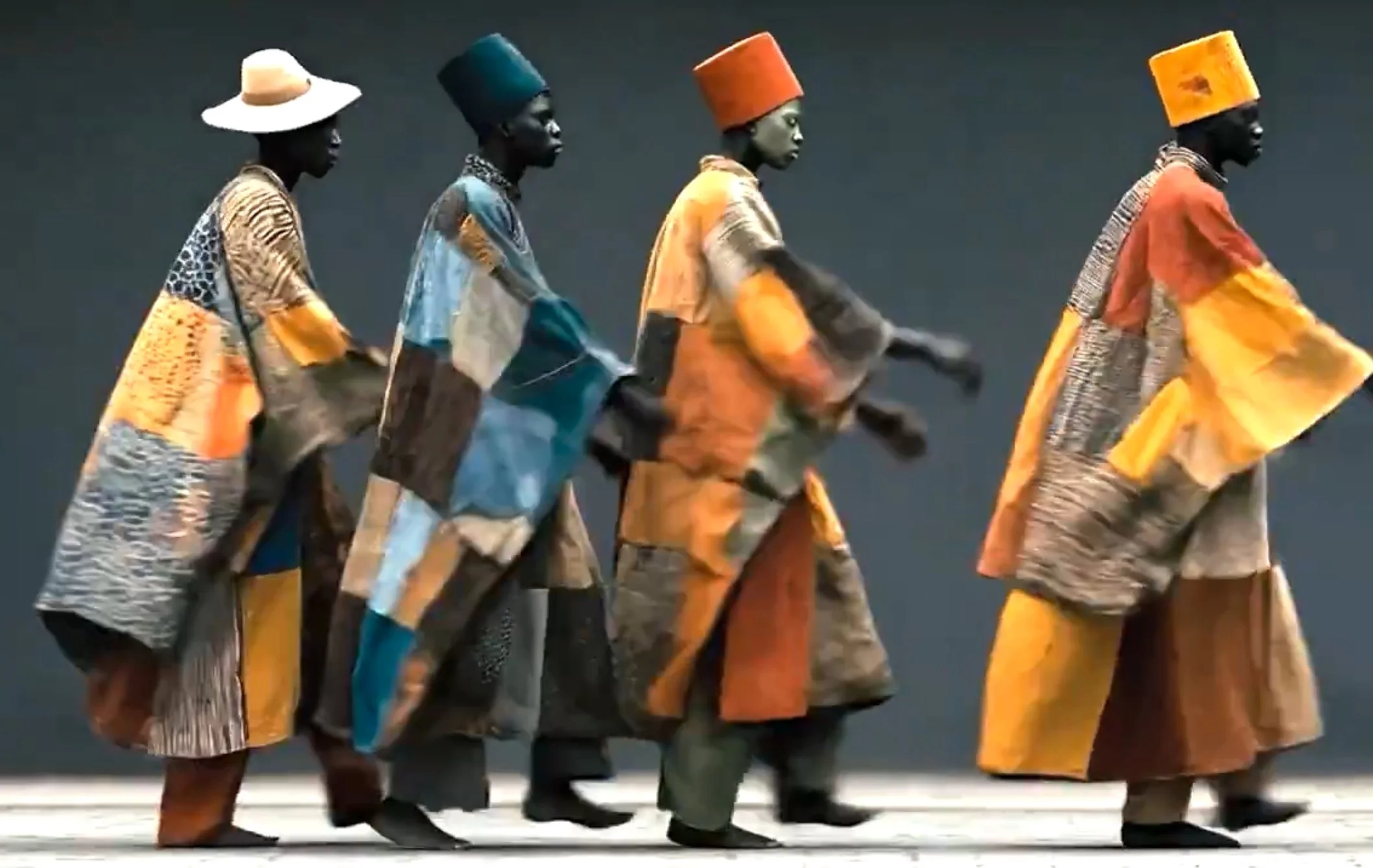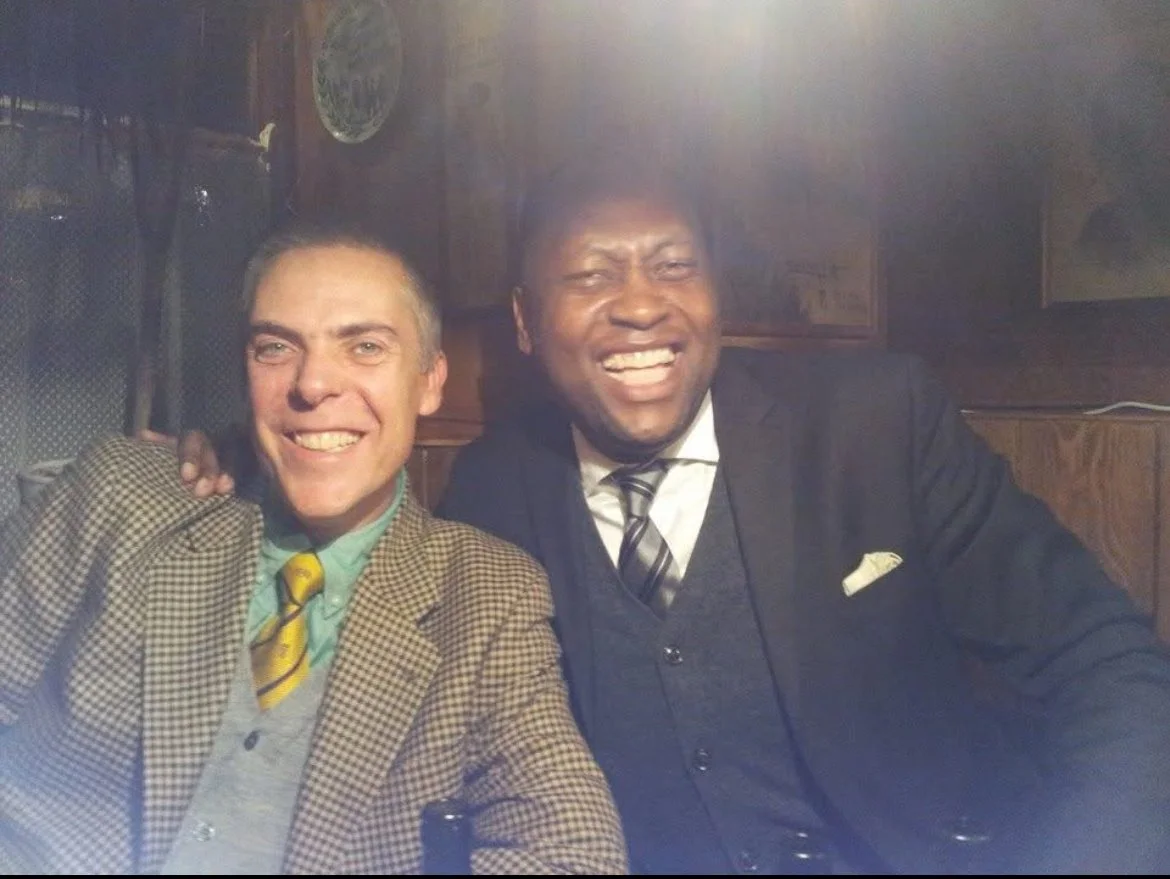In my experience, you bring a presence that has a calming effect on others, which is a powerful quality in uncertain and demanding environments. At the same time, I believe you cannot create anything of real value without holding both self-doubt and self-belief. Self-doubt keeps you questioning, refining, and avoiding complacency. Self-belief gives you the conviction to act and persist as without doubt, you risk stagnation. I think that without belief, you hesitate and never fully commit, and meaningful work requires the discipline to live with both.
The gift of time
Am I simply a performance coach, or am I also a teacher?
For me, leadership is not about being the loudest voice in the room or having all the answers. It is what happens when you step back, speak less, and listen more, creating the conditions for others to think, learn, and lead. True leadership requires a willingness to empower teams with care and intention, rather than control. It also demands humility. If you cannot be challenged or corrected without becoming defensive or offended, meaningful growth becomes impossible. Growth, in leadership and in life, begins with the ability to listen, reflect, and adapt.
Protect yourself
How do you stop being affected by everything and everyone?
It begins with learning to stay calm and deliberately rewiring your wellbeing. This is not about disengaging or becoming indifferent. It is about stopping defensive reactions and choosing to respond with calm authority. When you own your response, external chaos loses its power over you. I describe this is emotional resilience as emotional invincibility. It is the ability to maintain a mental state where insults do not penetrate, rejection does not define you, and chaos does not shape your behaviour. Please do not hand strangers the remote control to your emotional state.
I think most people live reactively because whenever someone criticises them, they immediately defend themselves. Resilient leaders do something different, they separate facts from the stories they tell themselves and they respond to facts, not interpretations.
A useful filter is simple: “Can I control this?”
If the answer is no, then worrying about it adds no value. You cannot control someone else’s opinion of you, which makes it irrelevant to your self-worth. You cannot always control the event, but you can always own your response and that is where power lives.
Good consulting questions
Let’s experiment with new ways of defining and framing the problem.
- What problem are you trying to solve?
- Is this the right problem for the situation?
- Who are you solving it for?
- How are you approaching the solution?
- What outcome are you aiming to achieve?
- How else could you frame the problem to better support that outcome?
If this resonates and you want to strengthen your problem-framing capability as a leader or team, contact me via email.
Leaving anger behind
The way you fight your habits is often the way you give them power as every habit is a pattern that once served a purpose. It began as a solution to a problem at a specific moment in time. Rather than trying to eliminate anger, approach it with curiosity. Observe it the way you would watch a cloud move across the sky. Notice when it appears, how it feels in your body, and what thoughts accompany it. There is no need to judge it or push it away. Simply observe.
For example, instead of reacting when anger arises in a meeting, pause and silently note, “Anger is present.” Feel the tension in your chest or jaw, notice the thoughts driving the reaction, and allow the moment to pass without acting on it. This awareness creates space between you and the emotion. You can experience anger without being controlled by it. I think over time, the anger tends to visit less often, and when it does, it moves through more quickly, like a brief summer storm.
Learn and unlearn
The way you speak to yourself directly shapes how you feel about yourself, and your life tends to mirror the identity you hold internally. The brain does not clearly distinguish between what is real and what is vividly imagined. When you visualise a calm, confident, and capable version of yourself, I think you are actively reinforcing new neural pathways.
““People want to be around you, not because of what you know or what you have, but because of how you make them feel.””
Your thoughts
c/o Marshall Goldsmith
Your brain does not operate on objective truth; it responds to what is repeated with consistency and emotional weight. Thoughts influence feelings, feelings drive actions, and repeated actions shape identity. I think because the brain is constantly rewiring itself, who you are is not fixed. Therefore, when a message is repeated often enough and carries emotional charge, the brain begins to treat it as true.
Are you better off?
When asked whether the world would be better or worse off if I became more influential and powerful, my answer is that it would be better off. At the same time, I feel uncomfortable with the idea of seeking greater influence, as it pushes me outside my comfort zone. This raises a deeper question about priorities: whether personal comfort should take precedence, or whether making the world a better place sometimes requires discomfort.
““You don’t fix the mirror by polishing the reflection, you fix the mirror by changing what is standing in front of it.””
More for 2026
Here’s a leadership manifesto for 2026
1. Lead with integrity by keeping your word and following through on commitments.
2. Communicate with clarity and respect, especially when conversations are difficult.
3. Take ownership of mistakes and use them as opportunities to learn and improve.
4. Invest in your people by supporting their growth, celebrating their contributions, and offering help without conditions.
5. Respect boundaries and recognise that people work, think, and perform differently.
6. Show up consistently, not only when visibility or recognition is at stake.
7. Listen more than you speak, and actively seek to understand what is being said.
8. Give credit generously, understanding that recognising others strengthens, rather than weakens, your leadership.
““Great minds discuss ideas, average minds discuss events, and little minds discuss people.””
Live your best life
Humans have a strong tendency to rationalise their beliefs, even when those beliefs are no longer helpful. Cognitive research shows that intelligence does not necessarily protect against this tendency; in some cases, it can enhance a person’s ability to justify existing views rather than challenge them. As a result, blind spots can persist unnoticed. This is where a thinking partner can be valuable. Having someone who can question assumptions, surface patterns, and reflect what may be difficult to see or easy to avoid can support clearer and more objective thinking.
Expanding on the theme
When we work only at the behavioural level, change is usually temporary. People may comply, adjust, or mask behaviours, but the pattern often returns under pressure. When we work at the belief level, change becomes more sustainable because the behaviour no longer serves the same purpose. For my coaching clients, this shift can be powerful.
Instead of asking, “What is wrong with me?” the question becomes, “What belief has been guiding me, and does it still serve me?” That reframing reduces shame and opens the door to curiosity, responsibility, and growth. I think as coaches and leaders, our role is not to correct behaviour, but to help uncover and examine the belief beneath it. Once the belief is understood, the behaviour often changes naturally, without force.
Does this make sense?
Behaviour is the visible outcome and belief is the operating system underneath. When someone avoids conflict, overcontrols situations, resists feedback, or struggles to delegate, the behaviour itself is not the core problem. The real question is: What belief makes this behaviour feel necessary or logical to them? For example:
A belief such as “If I do not stay in control, I will be seen as incompetent” often shows up as micromanagement.
A belief like “Speaking up will lead to rejection” often manifests as silence in meetings.
A belief such as “My value comes from being useful” can appear as overworking or difficulty setting boundaries.
I think behaviour is the information that gives us clues about what someone believes to be true about themselves, others, or the world around them. What do you think?
Choose a word
Classical observations of yin and yang include pairs such as empty and full, hard and soft, and heavy and light. Each day, choose a word and share what it brings up for you.
Meaningful purpose
Leadership is more than a title or a seat at the head of the table, I think it’s about a shared sense of purpose. You have to have the courage to speak up when you see a better way, the courage to take calculated risks, and the courage to support one another when things get difficult. The road ahead is ambitious, and it won't always be easy. Let’s stop looking at what’s behind us and start building what’s next.
Happy New Year.
“Where there is no vision, there is no order. Where there is no order, there is no growth. And where there is no growth, the people perish.”
A coaching framework
The brain responds well to structure and strategy. A clear framework creates focus, direction, and psychological safety during the coaching process.
B.R.A.N.D is a simple five-step coaching framework developed by Linda Remke that clarifies where we are, where we are going, and how we will work together. It allows me, as your coach, to operate within a consistent methodology while supporting you in moving toward the outcomes you want to achieve through your coaching journey.
· Benchmarking the session: Establishing the purpose, desired outcome, and success criteria for the session.
·. Realities: Exploring the current situation with honesty and clarity.
· Articulate: Helping you articulate insights, challenges, and what truly matters.
· New thinking: Challenging assumptions and opening space for new perspectives and options.
· Do: Translating insight into clear, practical actions and commitments.
This framework provides structure without rigidity, ensuring each session is focused, purposeful, and aligned with meaningful progress.
What do you do?
We have all been at a networking event, a dinner party, or a conference, and someone asks the inevitable question: "So, what do you do?" Suddenly, your mind goes blank. You either stumble over your words or launch into a long, winding explanation that leaves the listener confused.
If you struggle to articulate your value quickly, you need a structure that is easy to remember under pressure. Next time, use this simple rhyme to guide your pitch: Name, Same, Fame, Aim, Game.
Here is how to use it to craft the perfect introduction.
1. Name: Who you are or your business
Start with the basics, state your name and the name of your company clearly.
2. Same: A simple description
This is your anchor. Use a category that the listener already understands, give them a box to put you in so they have context for what comes next.
3. Fame: What makes you different
Now that they know your category, tell them why you stand out. What is your unique selling point? What specific problem do you solve that others don't?
4. Aim: What you are working on now
Bring the conversation to the present. What is your current focus? This makes the pitch timely and gives the listener a hook to ask follow-up questions.
5. Game: Your bigger vision
End on a high note. What is the ultimate goal of your work? This shows passion and long-term thinking.
Coaching can be a powerful place to begin
Coaching creates a space to pause, reflect, and intentionally redefine what you are working toward. More importantly, it supports the process of reprogramming how you relate to yourself. With the right support, many people experience a sense of relief as they realise they no longer have to navigate this work alone.
Reprogramming begins with language. I think the way you speak to yourself shapes how safe, capable, and worthy you feel. Over time, small shifts in self-talk can lead to profound changes in confidence and emotional resilience. Examples of compassionate self-statements include:
I am getting better every day.
Today is going to be a good day.
I am proud that I am trying to be kinder to myself.
I can do things that feel difficult.
I can stop criticising myself.
I deserve to feel good about myself.
I deserve to look in the mirror and see a person I care about.
These statements are not about pretending everything is easy or perfect. They are about creating a more supportive internal environment, one that allows growth without punishment. Choosing self-compassion is not a weakness. It is a strategic and deeply human decision to build progress on respect rather than fear. When you change how you speak to yourself, you change what becomes possible.
If you are ready to create a meaningful goal and explore a new relationship with yourself, book a complimentary discovery call via this link.
Overcoming setbacks
I think it’s a good idea to create an evidence journal. Write down the moments when you faced something difficult and came out on the other side. The human brain has a natural negativity bias. It tends to remember situations where things did not go well more vividly than moments of success, and under stress, this bias is amplified. The stress response narrows focus, increases self-doubt, and can trigger thoughts of inadequacy, overwhelm, or performance choking.
An evidence journal helps counter this pattern by reminding the brain of facts rather than feelings. It creates a tangible record of resilience, competence, and progress. And this wiring is human, not gendered. Our brains respond to stress in similar ways, regardless of gender differences.
““The best way to control the cattle is to give them a big pasture.””
Seeds need darkness
Innovation and transformation do not survive well under premature scrutiny. Think of your strategic goals as seeds. Every seed requires darkness, patience, and protection to germinate before it can break through into the light.
When we reveal our plans too early, when we explain rather than execute, we are unwittingly inviting resistance. We open the door to doubt and organisational inertia. In many environments, it is an unfortunate reality that people may criticise more than they help, and tear down more than they build. I think in order to protect the integrity of your vision, you must learn to work in the shadows until the foundation is unshakeable. What do you think?
I know
What problem are you solving?
Leaders and organisations struggle to navigate uncertainty, cultural complexity, and inclusion in ways that sustain performance, trust, and engagement.
Who are you solving it for?
I work with senior leaders, leadership teams, and organisations operating in diverse, fast-changing environments.
How are you solving it?
Through coaching, leadership development, and DEI consulting that build emotional intelligence, self-awareness, and inclusive leadership capability, supported by assessment, dialogue, and practical tools.
What is your industry expertise?
I bring extensive experience across corporate leadership, sales and marketing, project management, and organisational development, with a strong focus on culture, DEI, and modern leadership practice.


